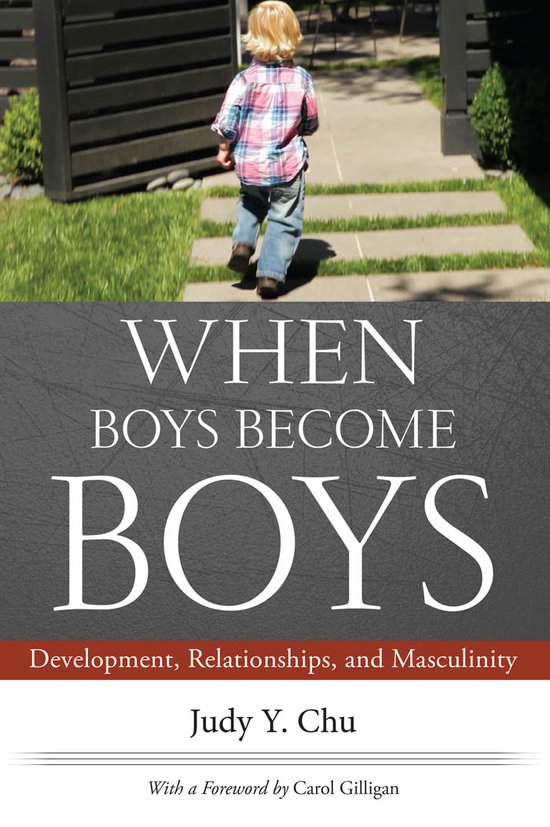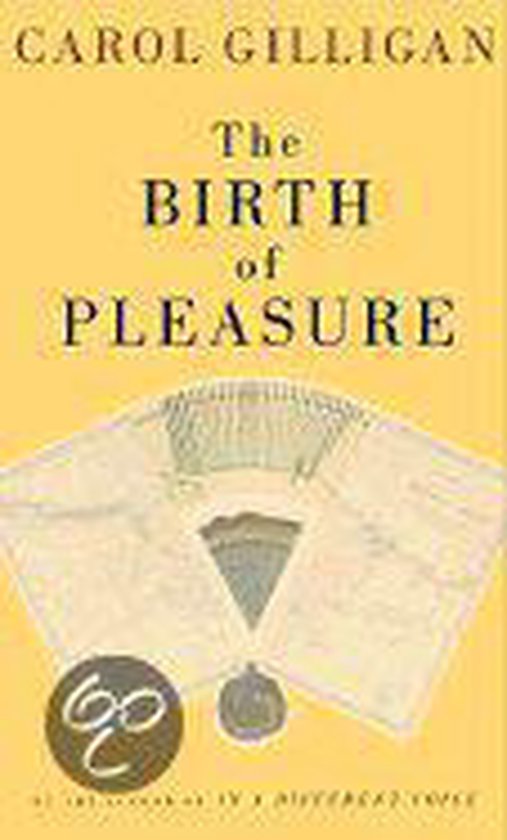
When Boys Become Boys
Based on a two-year study of boys aged four to six, this book offers a new way of thinking about boys' development. It provides insight into ways in which adults can foster boys' healthy resistance and help them to access a broader range of options for expressing themselves.
Based on a two-year study that followed boys from pre-kindergarten through first grade, When Boys Become Boys offers a new way of thinking about boys’ development. Through focusing on a critical moment of transition in boys’ lives, Judy Y. Chu reveals boys’ early ability to be emotionally perceptive, articulate, and responsive in their relationships, and how these “feminine” qualities become less apparent as boys learn to prove that they are boys primarily by showing that they are not girls. Chu finds that behaviors typically viewed as “natural” for boys reflect an adaptation to cultures that require boys to be stoic, competitive, and aggressive if they are to be accepted as “real boys.” Yet even as boys begin to reap the social benefits of aligning with norms of masculine behavior, they pay a psychological and relational price for renouncing parts of their humanity. Chu documents boys’ perceptions of the obstacles they face and the pressures they feel to conform, showing that compliance with rules of masculinity is neither automatic nor inevitable. This accessible and engaging book provides insight into ways in which adults can foster boys’ healthy resistance and help them to access a broader range of options as they seek to connect with others while remaining true to themselves.
Based on a two-year study that followed boys from pre-kindergarten through first grade, When Boys Become Boys offers a new way of thinking about boys’ development. Through focusing on a critical moment of transition in boys’ lives, Judy Y. Chu reveals boys’ early ability to be emotionally perceptive, articulate, and responsive in their relationships, and how these “feminine” qualities become less apparent as boys learn to prove that they are boys primarily by showing that they are not girls. Chu finds that behaviors typically viewed as “natural” for boys reflect an adaptation to cultures that require boys to be stoic, competitive, and aggressive if they are to be accepted as “real boys.” Yet even as boys begin to reap the social benefits of aligning with norms of masculine behavior, they pay a psychological and relational price for renouncing parts of their humanity. Chu documents boys’ perceptions of the obstacles they face and the pressures they feel to conform, showing that compliance with rules of masculinity is neither automatic nor inevitable. This accessible and engaging book provides insight into ways in which adults can foster boys’ healthy resistance and help them to access a broader range of options as they seek to connect with others while remaining true to themselves.
| Auteur | | Judy Y. Chu |
| Taal | | Engels |
| Type | | Paperback |
| Categorie | | Mens & Maatschappij |




